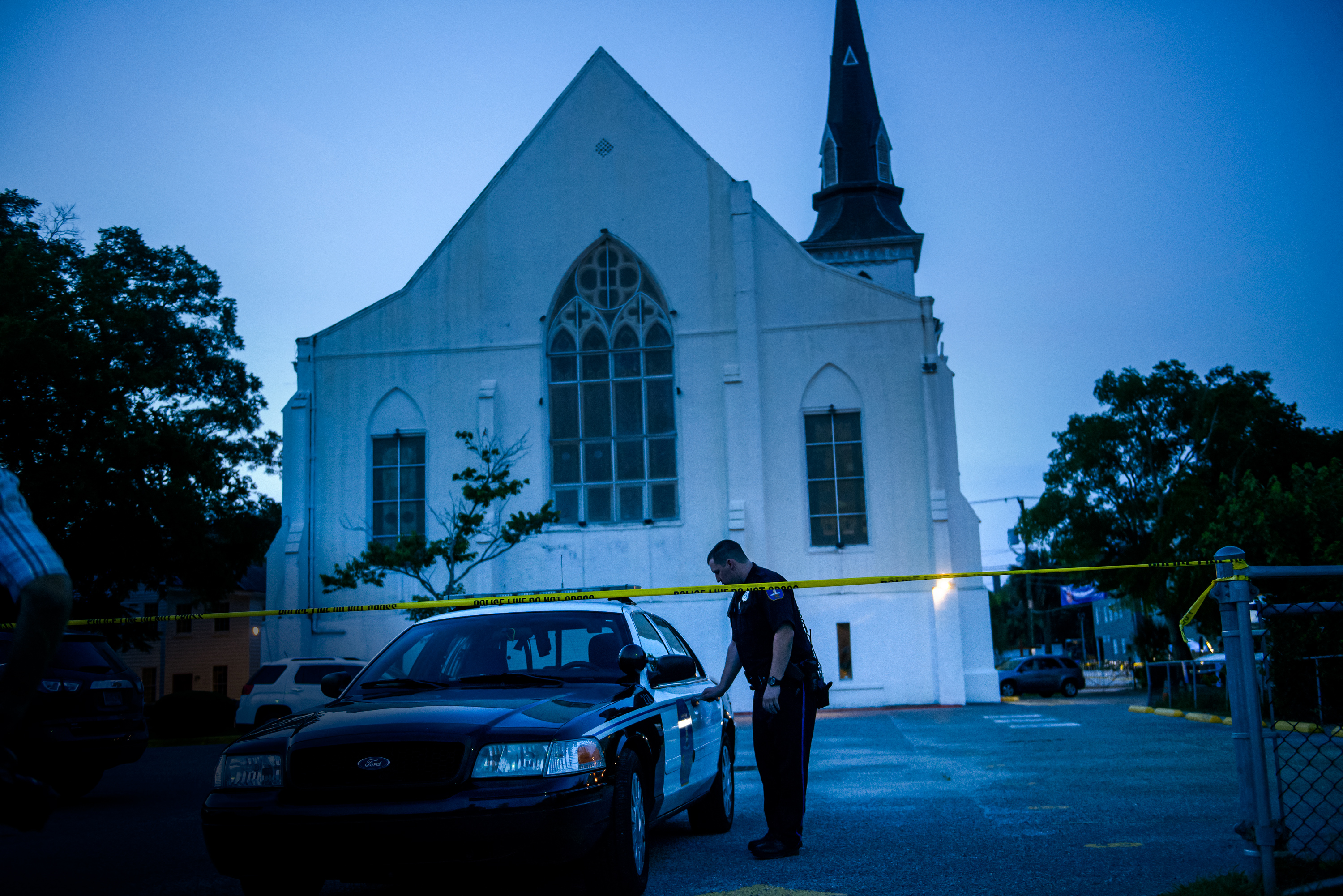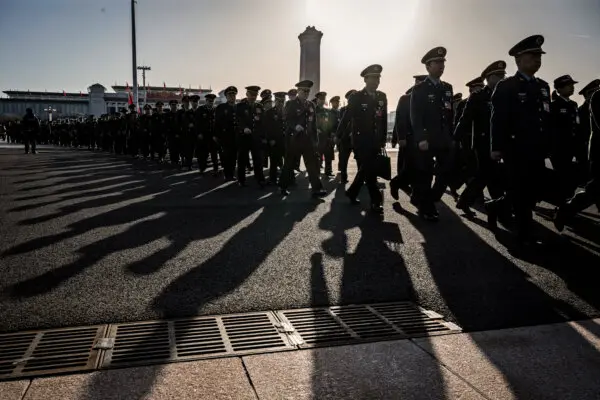Carl Chinn, 65, is a man of deep faith who thought church was a place to go to find peace—until he locked eyes with an angry gunman 28 years ago.
On May 2, 1996, a man carrying a rifle and a handgun and claiming to have explosives walked into the Focus on the Family ministry in Colorado Springs, Colorado, and took four hostages.










